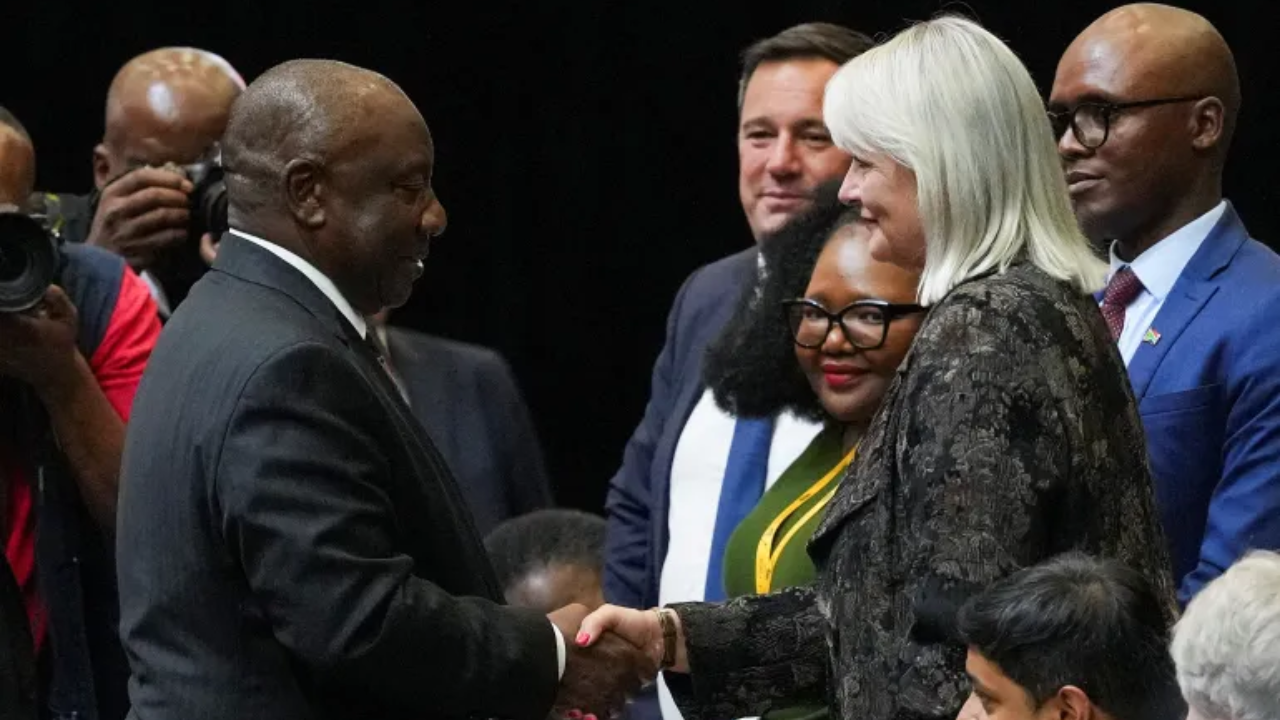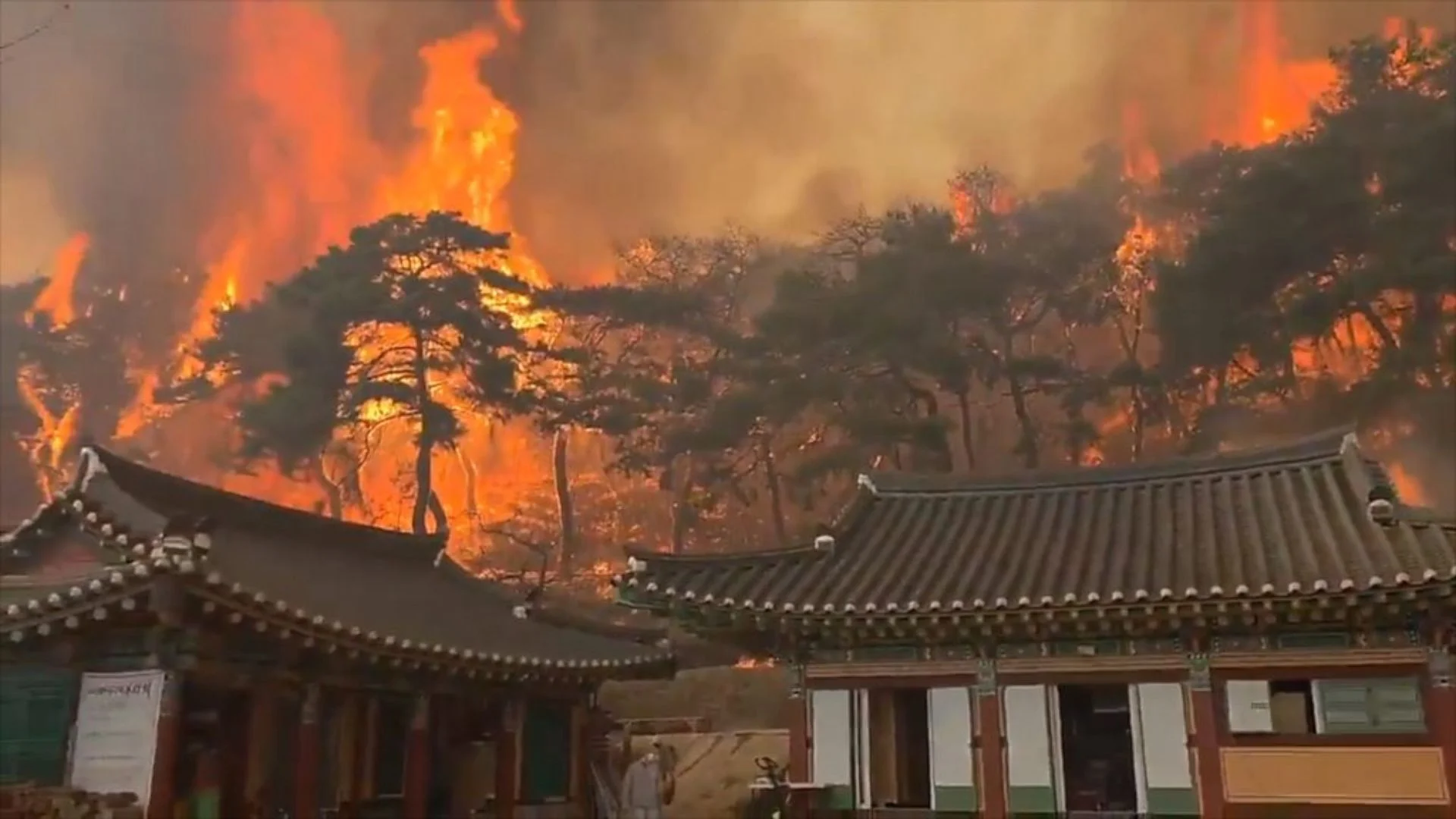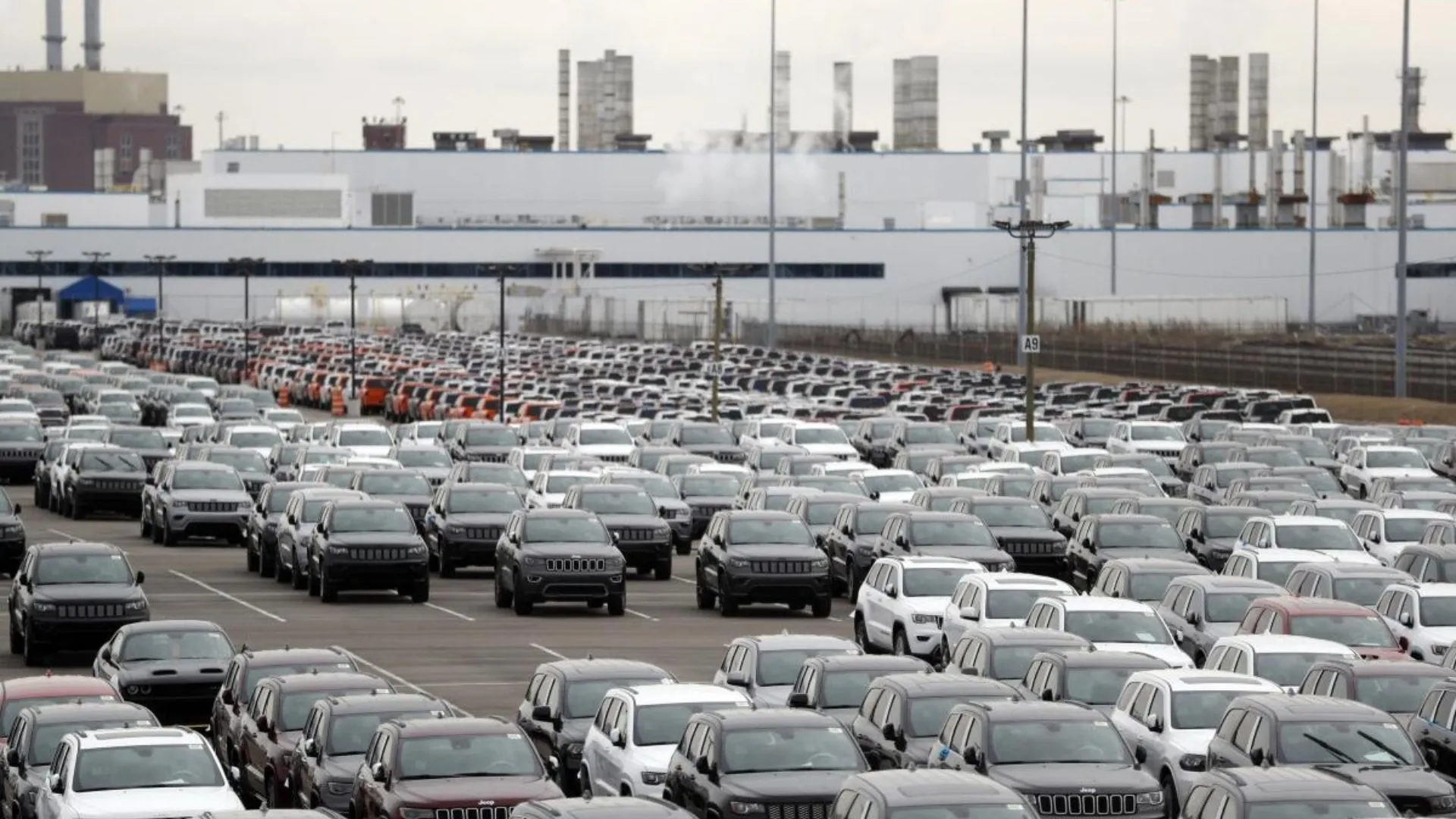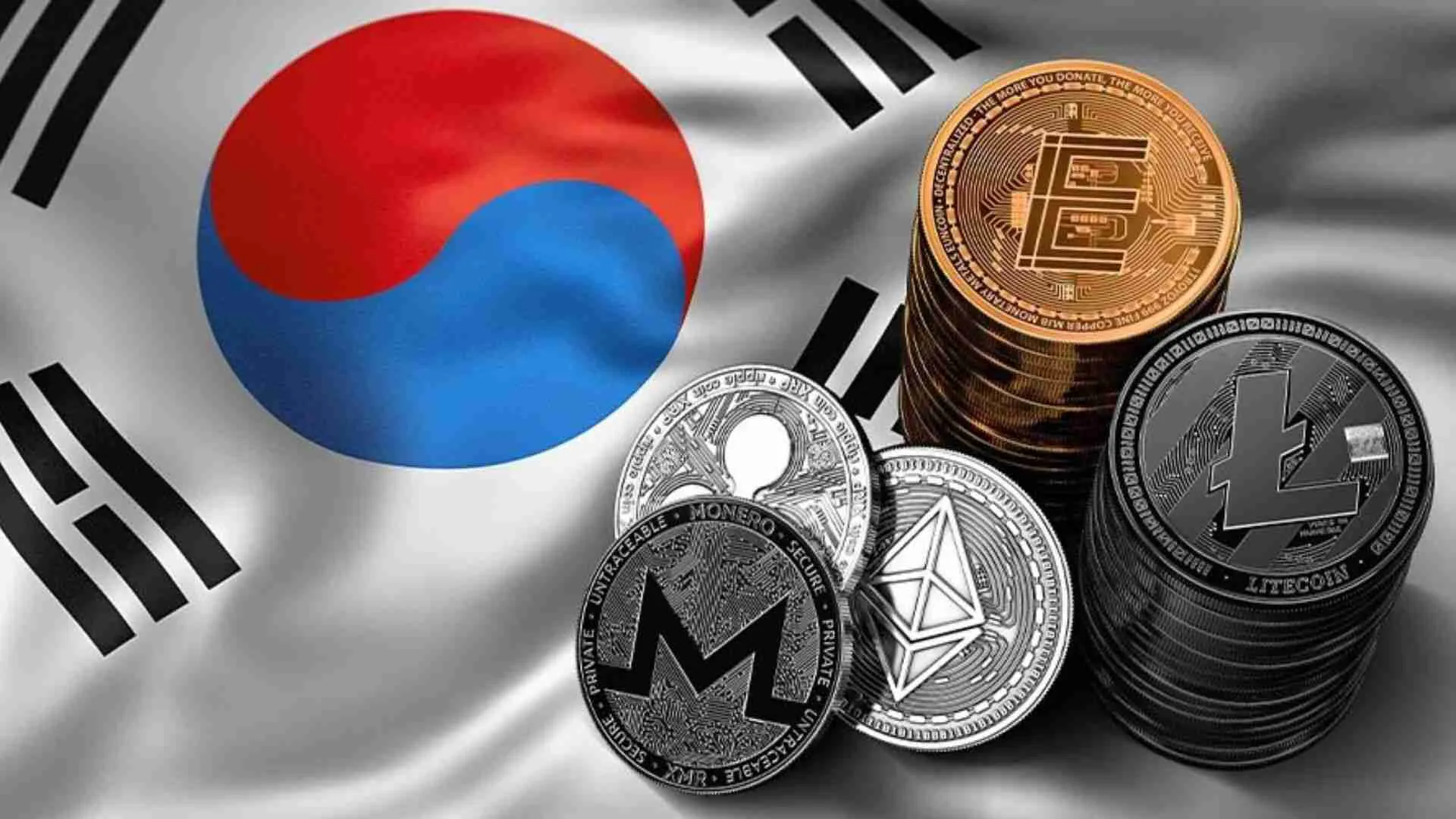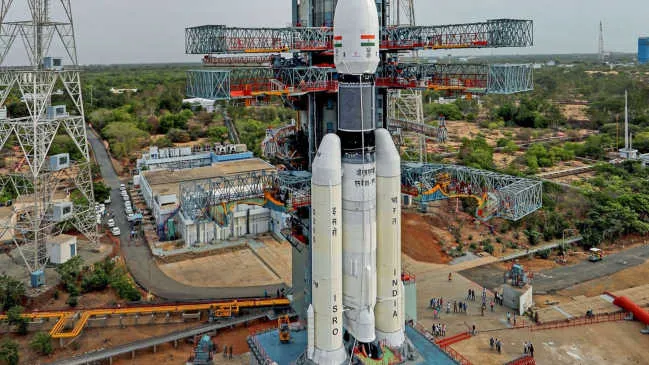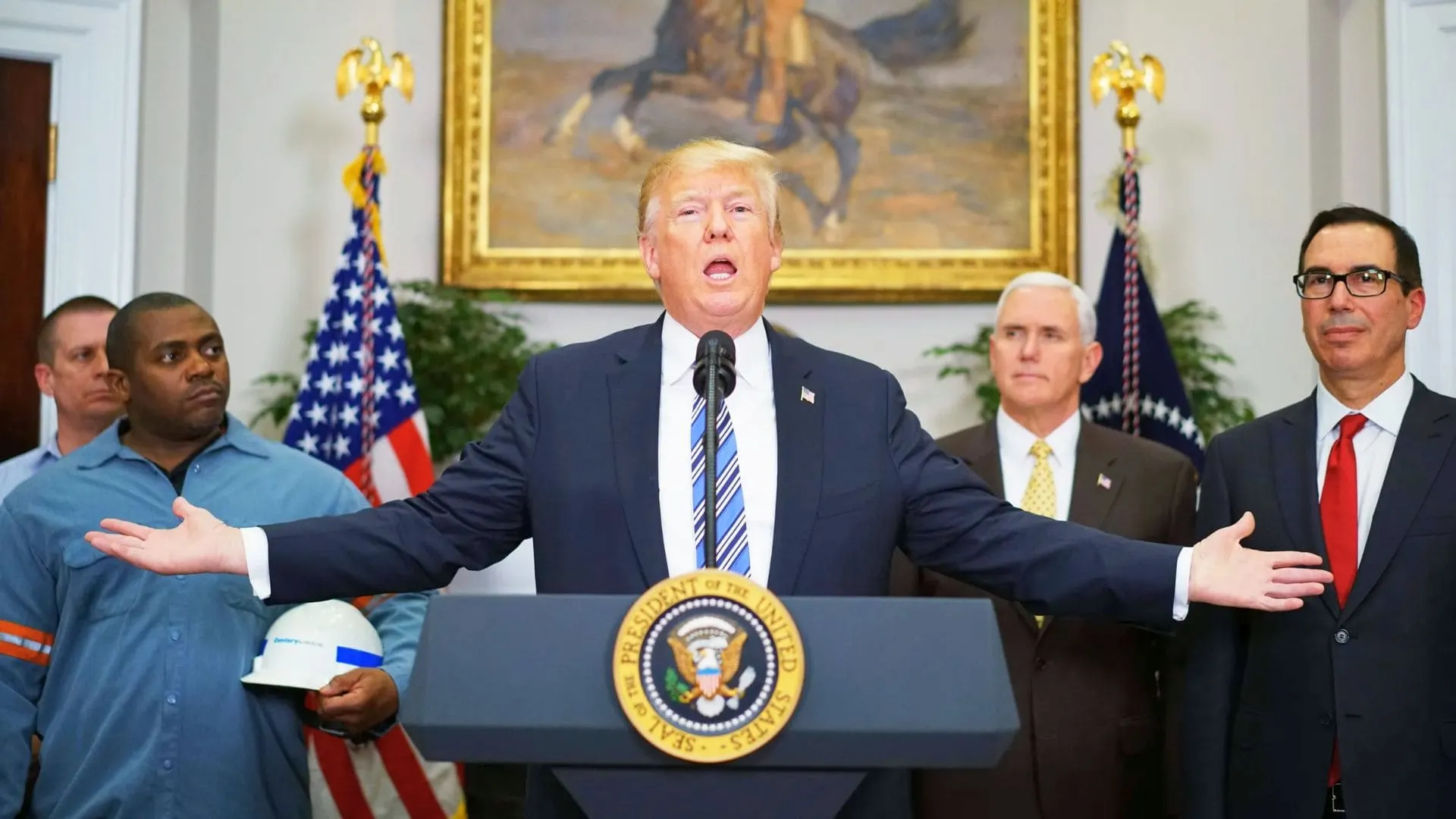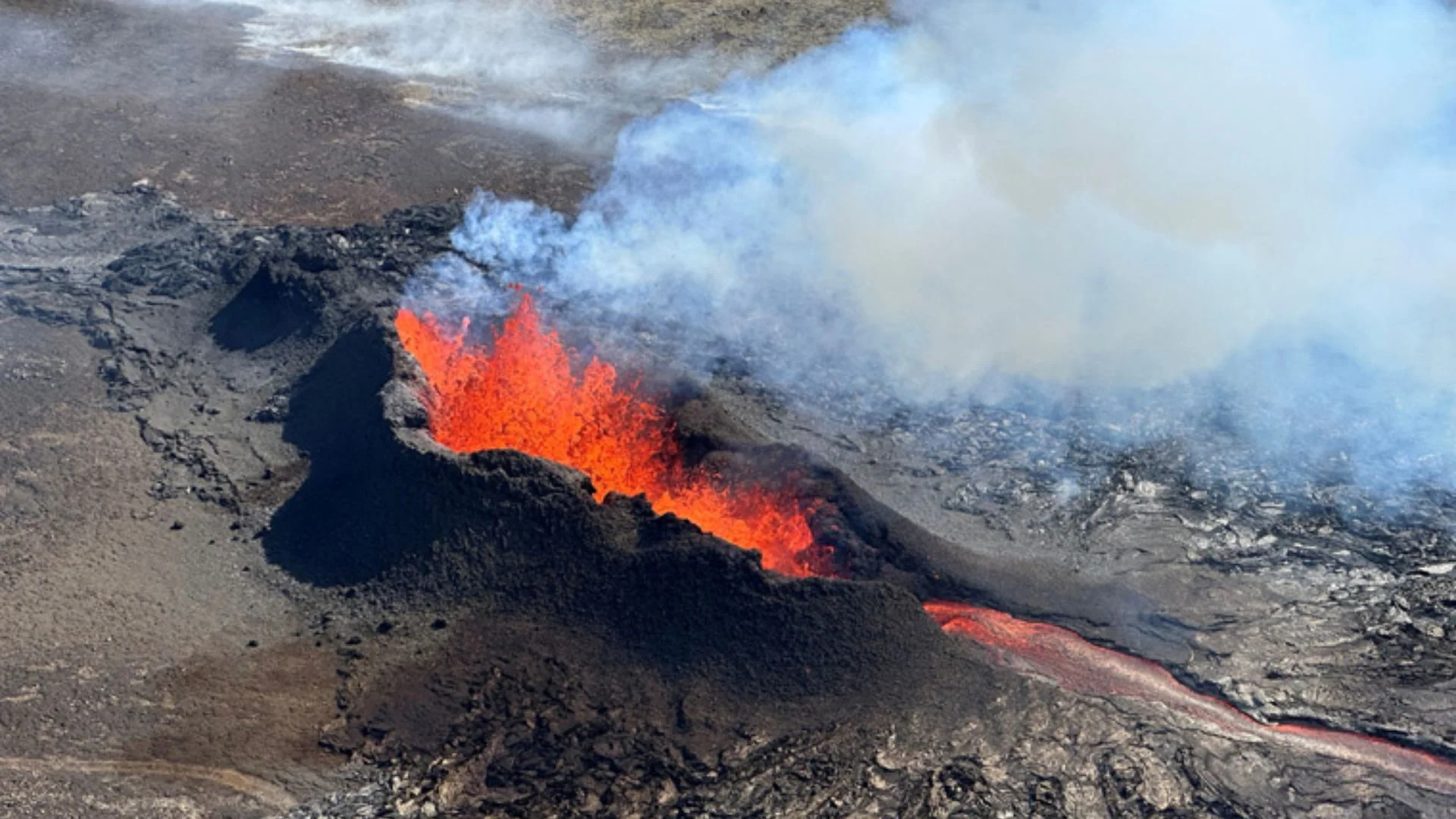In the aftermath of South Africa national elections, where the African National Congress (ANC) lost its majority for the first time, the country faces political turmoil as coalition negotiations stall over cabinet appointments in the Government of National Unity (GNU).
Tensions escalated this week as President Cyril Ramaphosa delayed announcing his cabinet amid disputes primarily between the ANC and the Democratic Alliance (DA), the largest parties in the coalition. Markets reacted adversely to reports of potential coalition withdrawal by DA leader John Steenhuisen over disagreements on ministerial positions.
Analysts like Khaya Sithole noted that the DA’s inclusion in the GNU, despite holding fewer parliamentary seats than the ANC, signals stability in economic policy continuity favored by markets. However, negotiations hit snags when the DA demanded significant ministerial posts, prompting a stern response from President Ramaphosa.
In leaked letters, Ramaphosa warned that the DA’s demands threatened the coalition’s foundation, emphasizing urgency in forming the government amidst mounting public and market pressure. Despite initial disagreements, both parties appeared close to a resolution as talks progressed towards finalizing cabinet roles.
The ANC’s decision to form a coalition government in South Africa reflects a strategic shift following its electoral setback, opting to include smaller parties like the Inkatha Freedom Party (IFP) and Patriotic Alliance (PA) to broaden support in the GNU, comprising ten parties in total.
Political analysts, including Lukhona Mnguni, highlighted the DA’s cautious approach, aiming to maintain autonomy from the ANC while negotiating key positions crucial for economic policy influence and electoral strategy ahead of the next elections.
As negotiations near a conclusion, stakeholders await further developments, underscoring the delicate balance of power and differing interests shaping South Africa’s coalition politics under the GNU.
President Ramaphosa’s announcement of the new parliament’s opening on July 18 signals a pivotal moment in South Africa’s political landscape post-election, navigating unprecedented coalition dynamics amid economic and social challenges.

